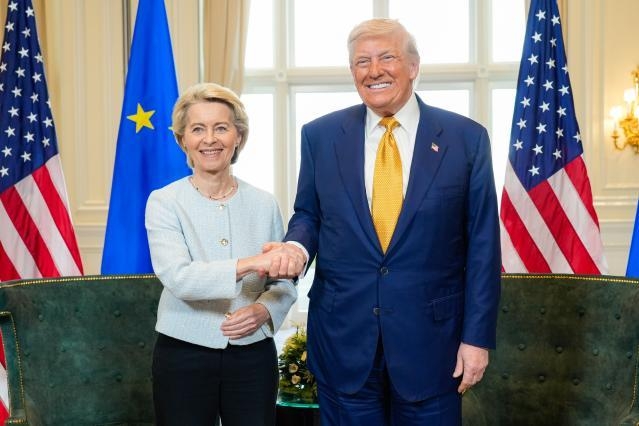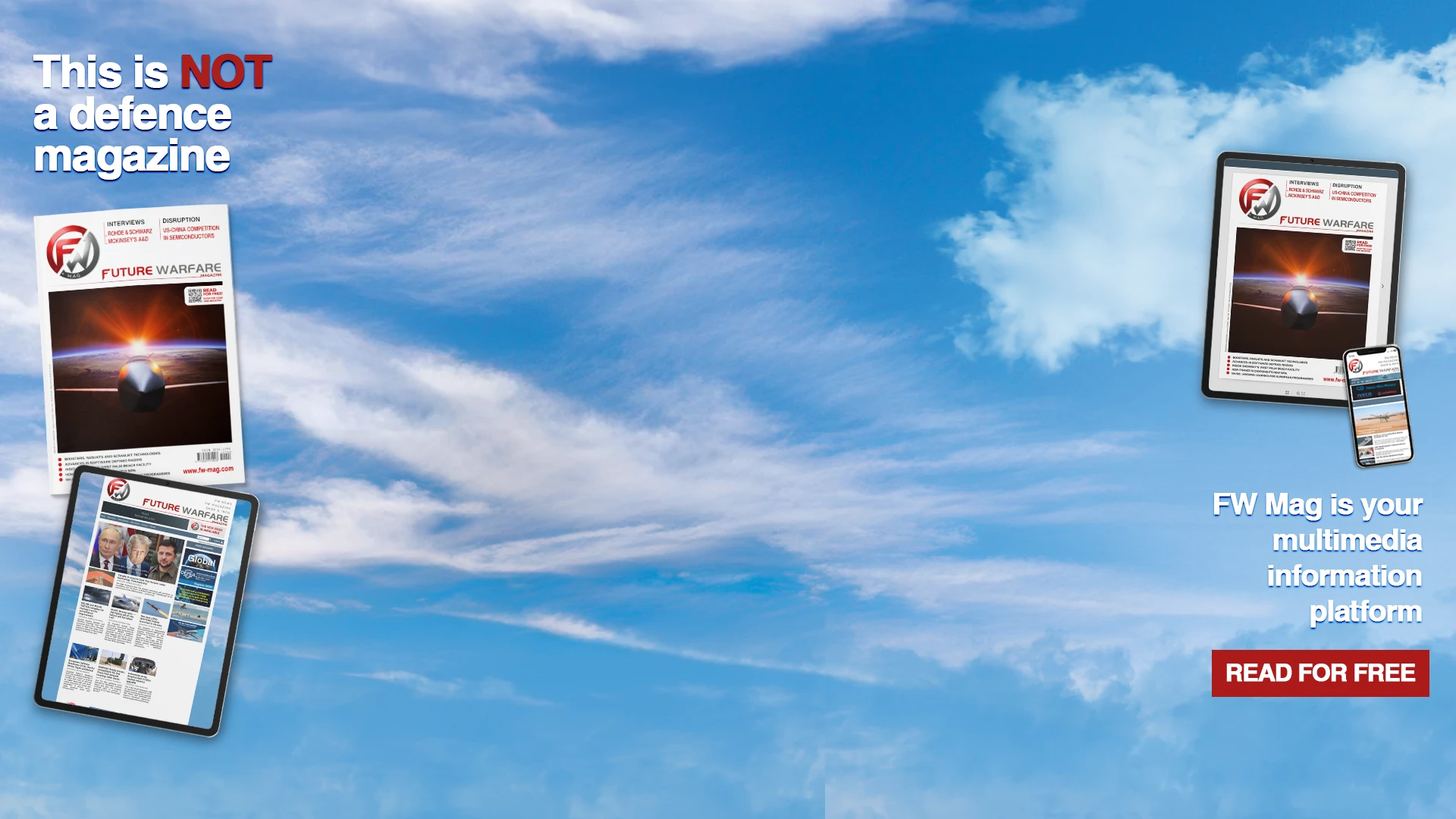
When European leaders capitulated to Hitler's territorial demands in Munich in 1938, Winston Churchill warned: "You were given the choice between war and dishonour. You chose dishonour, and you will have war." In the summer of 2025, that quote comes to mind again - even though in a very different fashion, and almost in reverse. On 27 July, the European Union agreed to a controversial trade deal with the United States. On the table, there were no annexations this time: just economic pressure, in the form of a threat of 30% tariffs on EU goods by US President Donald Trump. Yet, the potential consequences were still serious enough to warrant concern.
In this light, Brussels' 'dishonour' resembles less a defeat than a form of strategic retreat and more an act of survival cloaked in diplomatic ambiguity. Not only to avoid a costly economic and social clash, but also to preserve transatlantic unity and prevent more destabilising scenarios, at a moment of growing global and regional uncertainty.
A certain flexibility
The deal, announced just before the deadline, imposes a 15% blanket tariff on EU exports - including cars, chemicals, and semiconductors. Steel and aluminium continue to be taxed at 50%, though there are reportedly exemptions for certain strategic goods, not yet clarified. In return, the EU pledged to purchase $750 billion worth of US energy and to invest an additional $600 billion in the US economy, including, as Trump claimed, "hundreds of billions" in US weapons.
However, details remain vague. A joint EU-US statement, allegedly expected in the coming weeks, may shed more light on the actual scope of the deal, which for now appears more a political declaration than a binding agreement. Still, the backlash was swift, as critics labelled the bargain a "capitulation" to the whims of the US president, while France's Prime Minister, François Bayrou, described 27 July as a "dark day".
Yet the terms suggest a more complex picture. The agreed tariffs are significantly lower than the 30% (or, alternatively, 20%) initially threatened. This means that for many EU countries, the economic impact may be manageable, especially when compared to the costs of a full-blown trade war. In addition, it's worth noting that Brussels has no competence over member states' defence and energy investments, which will therefore be made by European private actors, not public institutions.
That ambiguity gives member states wide room for manoeuvre - much like the NATO commitment to increase defence spending to 5% of GDP agreed at The Hague in June, which leaves substantial national discretion over how and when to reach that target.
Contradictory message for EU autonomy?
At a time when the European Commission is pushing harder than ever for defence autonomy - through initiatives like the European Defence Industrial Strategy (EDIS) and the €800 billion ReArm programmes aimed at boosting "Buy European" policies - the idea of deepening the EU's long-term” dependence on US arms appears increasingly inconsistent with those ambitions.
However, a few clarifications are necessary. First, Europe already sources a large majority of its weapons - about 63% by June 2023 - from the United States. It's therefore unlikely that the figures will rise dramatically. Second, despite EU increased spending and efforts to scale up production, Europe still faces significant capability gaps - especially in air defence systems, advanced platforms, and defence R&D - and is still "highly vulnerable" to the risk of a major conflict (as Bruegel think tank points out). The bloc will therefore likely continue to depend in any case dependent - at least in the short term - on key US capabilities, particularly for high-end systems like hypersonic missiles, next-generation fighter jets, and AI-enabled command platforms.
A price worth paying - not forever
Nevertheless, should limited additional purchases from the US take place, this may be the price Europe pays not just to avoid a trade war, but to keep Washington politically engaged in the continent's security - much like NATO's political logic. In this sense, the agreement can be interpreted less as submission and more as pragmatic alignment under pressure.
Churchill's warning in 1938 referred to appeasement in the face of tyranny. The EU's 2025 compromise is not appeasement in moral terms - but it is a retreat. One made to preserve unity, avoid disruption, and keep the US anchored in Europe's defence orbit - at a cost which, at least for now, remains relatively low. Yet the breathing room gained may prove short-lived. The risk of abrupt shifts in US policy remains real, especially concerning strategic assets. For Europe, building a real strategic autonomy is not only a long-term must, it is also the only way to sit at the negotiating table with allies from a position of strength.








